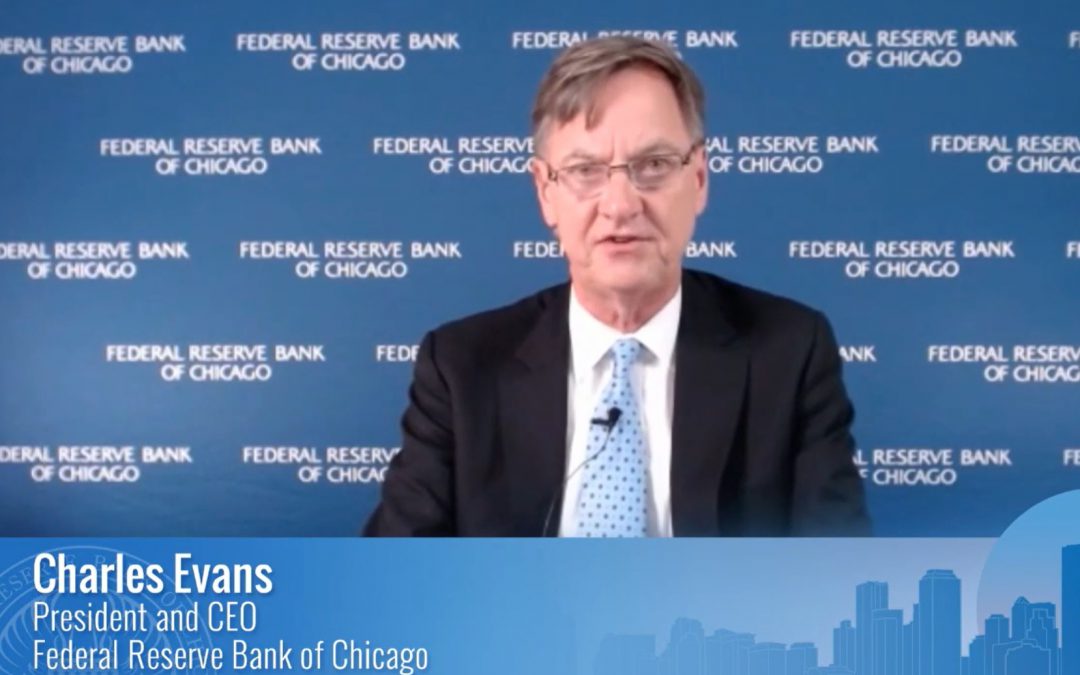Chicago Federal Reserve Bank President Charles Evans called to address racial inequities as Chicago rebuilds its economy from the coronavirus crisis during a Chicago Fed virtual forum Tuesday.
“Tragically, the most affected are our most vulnerable neighbors,” Evans said. “Still, our financial policy tools are unable to address many foundational elements of the systemic inequities that we have seen laid bare by this crisis.”
The Fed signaled its intent in June to keep the short-term interest rate near zero for at least two years to encourage consumer lending. Meanwhile, under the CARES Act, the Paycheck Protection Program and Main Street Lending Program provide loans to small- and medium-sized businesses, for which the Fed provides support to lending institutions.
However, Evans said the economic recovery and a return to low unemployment are not enough to meet this generation’s challenge to bring opportunities to more people.
Before the coronavirus hit, the life expectancy of Black Chicagoans was 8.8 years shorter than white Chicagoans, according to panelist Allison Arwady, commissioner of Chicago Department of Public Health. Black and Latino Chicagoans make up about 75% of Chicago’s COVID-19 fatalities, the city data showed.
“We have set up systems that leave people especially vulnerable. That has been true for a long time. But COVID has really brought that to light,” Arwady said.
Chicago Department of Public Health will be working with 30 community-based organizations in areas of economic hardship, Arwady said. Contact tracers will be hired within these communities, creating long-term jobs locally.
Black and Latino communities were hit the hardest during the 2008 Great Recession and still have not recovered to the full extent economically before the coronavirus pandemic, said Helene Gayle, CEO of Chicago Community Trust. “We don’t want that to happen now,” she said.
To address the economic disinvestments on the south and west sides of Chicago, Samir Mayekar, Chicago’s deputy mayor of neighborhood and economic development, said corporations need to change investment practices.
“Instead of investing in a hedge fund or an alternative asset, take a small percentage of your assets and invest them in community development financial institutions that can have a huge multiplier in tackling this gap of access to capital for communities of color,” Mayekar said.
Mayekar also encouraged corporations to promote racial diversity in hiring and boardrooms, move some operations to the south and west sides of Chicago and make dollar commitments to communities of color.
Tuesday’s event was the first of a series of Chicago Fed forums on the economic recovery from the coronavirus pandemic in the Midwest.


